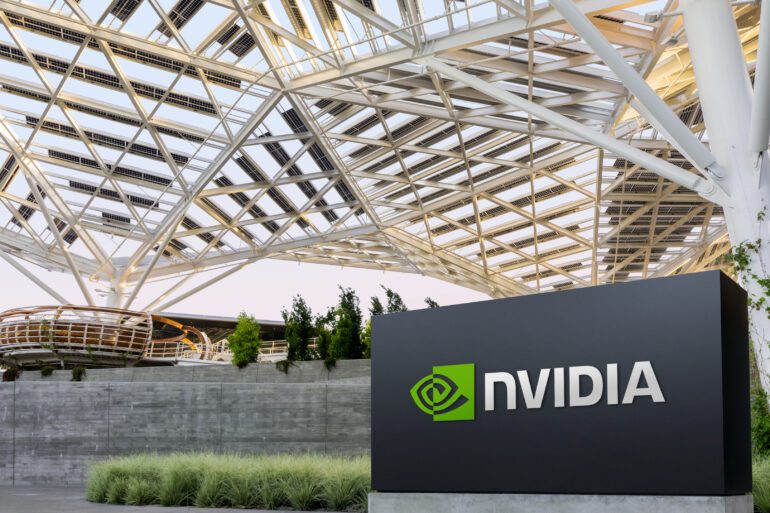TL;DR:
- Preylock, Nvidia’s landlord, is selling a seven-building complex in Santa Clara.
- The sale includes 2 million square feet of development rights, excluding Nvidia’s newer buildings.
- A pre-emptive offer triggered a competitive bidding process, with the expected sale price exceeding $400 million.
- Nvidia remains the sole tenant with around six years left on its lease.
- Investor interest in AI-related properties in Silicon Valley is driven by the AI boom.
- Commercial real estate, while stagnant elsewhere, is benefiting from the demand for AI-related spaces.
- Blackstone’s recent acquisition of QTS underscores the growing importance of AI in the real estate market.
- Despite AI’s strength, the overall real estate industry faces challenges, with banks seeing losses in US commercial properties.
Main AI News:
Preylock, the landlord of AI chipmaker Nvidia Corp., has initiated the sale of a prime property in California’s Silicon Valley. This move comes as investor interest in AI-related real estate continues to surge.
Newmark Group Inc. brokers, Steve Golubchik and Edmund Najera, have quietly unveiled the offering of a seven-building complex located in Santa Clara. This transaction encompasses approximately 2 million square feet (186,000 square meters) of development rights, excluding Nvidia’s recently constructed Voyager and Endeavor buildings situated nearby.
Preylock, based in Los Angeles, recently received a pre-emptive offer for this property from a substantial foreign investor. Consequently, this triggered a competitive bidding process to attract more potential buyers. The anticipated sale is poised to exceed the $400 million mark, as confirmed by the Newmark brokers.
It’s important to note that Nvidia is currently the exclusive tenant occupying this complex, with approximately six years remaining on its lease term.
Both Nvidia and Preylock have opted not to provide comments on this matter at this time.
While commercial real estate transactions have been largely stagnant due to rising borrowing costs over the past year, the artificial intelligence sector has been a beacon for investors. The high demand for office spaces and operational facilities for AI companies has drawn significant attention. Blackstone Inc., for instance, has recently made a substantial move into AI with its acquisition of data center operator QTS.
In an interview, Golubchik noted, “People are looking at AI as the next gravitational pull for the San Francisco Bay Area. It helps that Nvidia is at the center of that.”
Despite the AI sector’s robust performance, the real estate industry as a whole still faces challenges. Banks worldwide have witnessed plummeting share values, partly attributed to losses in US commercial properties. This trend signals potential hardships for lenders involved with property owners.
Conclusion:
The sale of Preylock’s Silicon Valley property highlights the surging demand for AI-related real estate, with Nvidia at the center of this lucrative sector. Despite challenges in the broader real estate market, the AI boom continues to attract investors, positioning the San Francisco Bay Area as a focal point for future growth.

